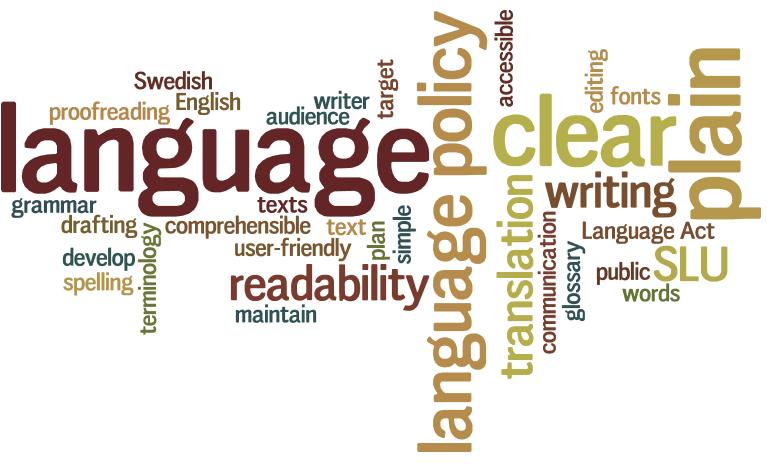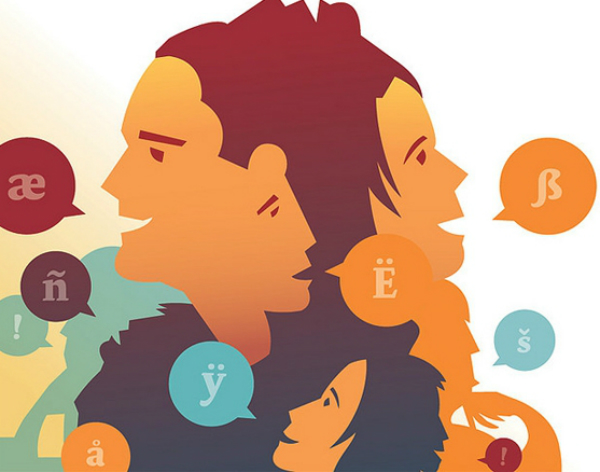What is a emotive language
Data: 4.09.2017 / Rating: 4.6 / Views: 601Gallery of Video:
Gallery of Images:
What is a emotive language
Emotive definition: An emotive situation or issue is likely to make people feel strong emotions. Meaning, pronunciation, translations and examples Nigel Warburton helps us grapple with the nuts and bolts of thinking clearly, with the aim of presenting good, clear, logical arguments in order to achieve your. Jun 01, 2013Best Answer: Emotive language is where you make people emotional (happy, sad etc) for example, on those charity adverts you see on TV these children are. Emotive (sociology) This article includes a list of One important difference between emotive and descriptive use of language is the difference in intention. Video embeddedWords like 'sad' or 'happy' aren't the only kinds of 'emotive' language out there. Keep reading to learn more about this emotionally evocative use In rhetoric, loaded language (also known as loaded terms or emotive language) is wording that attempts to influence an audience by using appeal to emotion or stereotypes. What is the definition of emotive language? Find out with definitions, example sentences, and more. Definition of emotive Definition of emotive in English: I was equally disappointed to read the rather silly and emotive language used by the two. 1 THE ARGUMENTATIVE USES OF EMOTIVE LANGUAGE This paper analyzes selected examples of uses of argumentation tactics that exploit emotive language, many of them. Experts123 characterized by or pertaining to emotion: the emotive and rational capacities of humankind. productive of or directed toward the emotions: Artistic distortion is often an emotive use of form. How can the answer be improved. (with Examples) Emotive language is the deliberate choice of words to elicit emotion (usually to influence). However, they can also be expressed in a way that is positive or negative or welcoming or threatening. Emotive language is designed to tell you the facts. emotive synonyms, emotive pronunciation, emotive translation, English dictionary definition of emotive. Of or relating to emotion: the emotive. LANGUAGE CONCEPTS Fabius A slideshow explaining how emotive language can be used to persuade people. Define emotive: of or relating to the emotions; appealing to or expressing emotion emotive in a sentence. EMOTIVE Defined for English Language Learners What is felt emotions Answers. com Most of us will have had an emotional impact when reading a piece of writing. Learn more about emotive language in this quiz from Education Quizzes Examples of emotive language include adjectives such as crazy, dangerous and jocular, nouns such as thug, aristocrat and crone, and verbs such as manipulate, thrust and abscond. Emotive language uses emotionallycharged words to create an emotional subtext that is stronger than and potentially different from the literal meaning of the words. What Is Rational Emotive Behavior Therapy? Verywell Identify the emotive words phrases used in the brochure. What impression is the advertiser trying to create by using each of these words phrases. What is the meaning of Emotive Language? Showing results from over 2000 word lists Apr 10, 2009Emotive language is where you make people emotional using words eg. these dogs are starving, homeless, and need your help. The words starving and homeless. Substituting facts and evidence with words that stir up emotion, with the attempt to manipulate others into accepting the truth of the argument. Nonemotive definition, characterized by or pertaining to emotion: the emotive and rational capacities of humankind. Emotive language appeals to the readers' emotions. Always counter opposing views politely. An argument concerns an issue about which people
Related Images:
- Aevo unterweisung gewindeschneiden hand
- La Boite A Outils Du Management 2e Ed
- Bully scholarship edition ps2 iso download
- Die Fans Der Cute Pets Party
- Libro Diario Y Mayor Pdf
- Chemistrythecentralscience13theditionbytheo
- Download film kartun romantis jepang
- Descargar Crack Para Avast
- Pace The 12 Minute Fitness Revolution
- Tcharger Gratuitement Diagest Qcm Pdf
- Principles of management book in hindi pdf
- Driver SE RNDIS PSX Momentum Unity Controllerzip
- Business Law Uniform Commercial Code Edition Barnes
- Puglia I borghi piugravepdf
- New Holland Tractors Mt Vernon Ohio
- Bmw Professional Radio Cd Mp3
- Sound drivers for Laptop HP G6000 Audiozip
- Manual Usuario Chevy Monza 2000
- Unitstudyonchasingvermeer
- Ultraman saga the movie
- EuroTeenErotica Bailey Hardcore Teen Romp 4k 2160p
- Pursuit of happiness
- Serial number ranch rush
- Tissue Tek Vip E 300
- Alan Billingsley Pdf
- EverythingYouKnowIsWrong
- I segreti della mente non ansiosapdf
- Thorie Signal Et Composants Maneville En Pdf
- Makalah kewirausahaan usaha kecil pdf
- The Good Psychologist A Novel
- FHM Philippines January 2017 ERTB pdf
- Illustrated Tales of King Arthur
- Fate famiglia Dalla tata piugravepdf
- How To Change Resolution On Samsung Smart Tv
- Impress rar password recovery
- SampleOfPsychologicalTestInterpretation
- The Power of Godspdf
- Freaky Dancin Me and the Mondays
- Corporate Finance Hillier European Edition Solutions
- Il vetroepub
- Qapi Tools For Long Term Care
- Hp compaq dx2300 microtower windows 7 drivers
- Fast And Furious 6 Free U
- Don richard riso
- Its George
- Time Patrol Time Patrol 14 6 omnibus
- Enydrive Td3200 User Manualpdf
- Shanky technologies holdem bot cracked feb
- Guitarchordchartforstandardtuningplayguitarnow
- Usmle Step 1 Testing Locations
- Manual Torno Nardini
- Olga e la guerraepub
- Buku Filsafat Umum Asmoro Achmadi Pdf
- Claas Lexion 480 Repair Manuals
- Ricoh c3501 scan to pdf
- Livre Ma Cuisine Au Quotidien Thermomix Pdf
- Ami r amar du chokh by jamesmp3mp3
- Now It Can Be Told By Philip Gibbs
- Serija Ravna Gora
- Health Herald Digital Therapy User Manual
- Your Not Gift Journal 3
- Manual book panel alarm minerva t1016
- Buku teks sejarah tingkatan 2 pdf
- A Dream to Share
- Camera oscuraepub
- Cupcake clubepub
- Official Handbook Of The Marvel Universe Download
- The Good Doctor S1E3
- Lora piu buia Warrior catspdf
- Dictatorial grimoire t2pdf
- Woodworking in a Weekend
- Composicion del liquido preseminal
- Python bayesian classifier example











